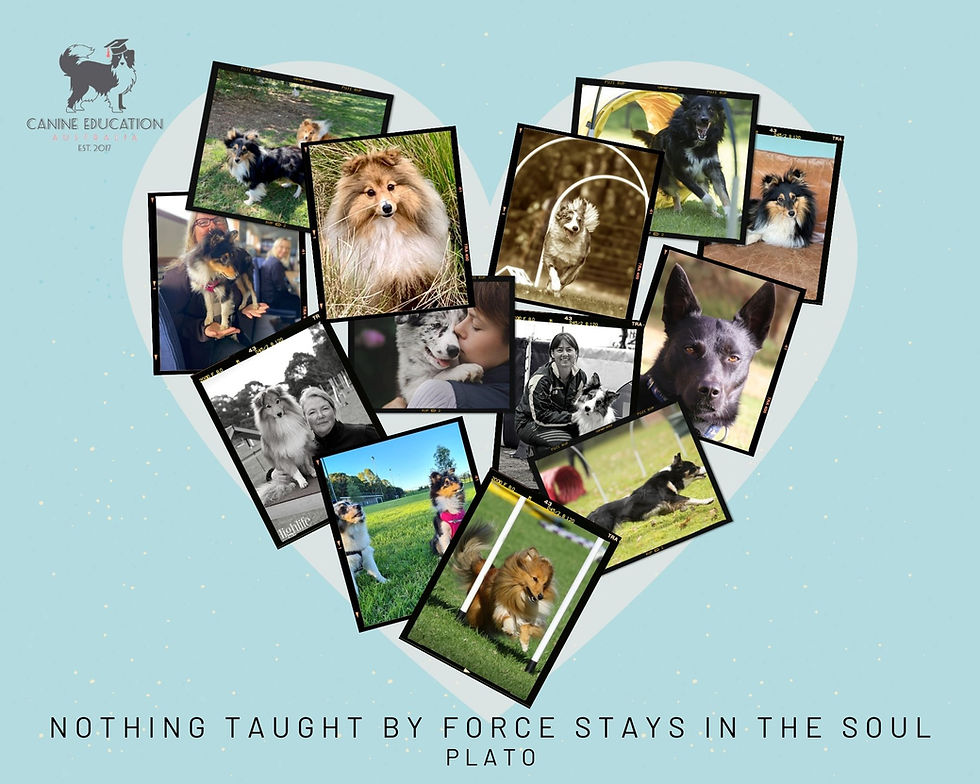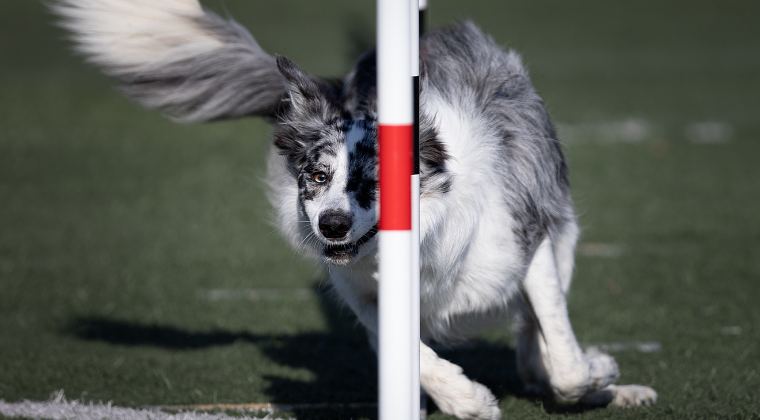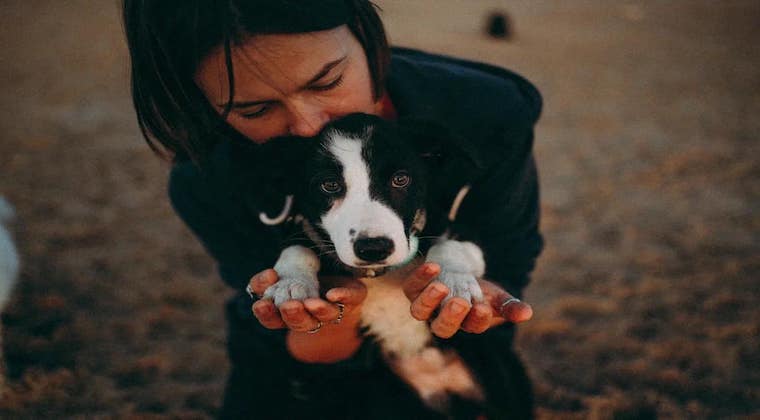Nothing Taught By Force Stays In The Soul - Plato
If you work with dogs, the quote above will either make you smile, or wince. The world of dog training is often greatly divided on the use of force and regularly it brings people to heated argument, where ridicule and punishment abound. There is an extremism on both sides of this argument that not only polarises the dog training world, but it makes the world of dog training look bad. We need to do better people, we need to help our communities make good choices for their animal companions.
I first went to dog training at a club near of ten with my dog Tibby. I have no idea who named her that, she was a mixed breed dog that followed me home from the local park in the days long before microchipping and I recall a story where an elderly woman had gotten her, and she kept leaving and following kids home. I had that dog in my life from the age of 7, until I was 25 years old. She saw me through my father’s sudden death in a plane crash, lonely times as a teen, often riding out with me and my horse all day long. She was with me when my I was pregnant with my daughter and when Tibby died, she had been the longest constant relationship in my life.
I will never be able to go back and apologise for how we approached training all those years ago, and now I know that if ‘nothing taught by force stays in the soul’, then I also now know that my own beliefs on training are brought to any relationship with another dog. Knowing this give me choice. Ten year old me did not know the impact of force on her dog and I think my relationship with my dear dog allowed room for me to inadvertently fail to meet her training needs. Being the incredible dog she was, she forgave me for my use of punishment in her life. Looking back, the best times we had were when we were playing and riding at the beach, yet those times were always when she was not physically connected to me by a leash. I certainly get why she loved those times so much now.
Dogs are forgiving and observant creatures. They have evolved alongside us for over ten thousand years, they read our body cues more accurately than we read another person’s cues. Dogs can smell our emotions. Crazy fact, but it is true. In addition to this, a UK study has shown that dogs faces become more expressive when people are looking at them. So how can it be that we as humans can get it so wrong when our dogs are communicating so rightly to us?
I believe that people see force, also known as punishment, as working, and it clouds our intuitive relationship with our dogs. It works fast and it stops the unwanted behaviour right? But it is also a very strong reinforcer for the person using force to control their dog. You give the e-collar a zap or the check chain a tug and the behaviour decreases, the dog stops barking, the dog stops pulling. So, what is a reinforcement for us is an unpleasant punishment for the dog, one that we tend to overlook. I think we can all agree that when we observe our dogs in that light, we have an unfair situation on our hands.
If we took time to write down what we wanted from having a dog, I think the first thing we would say is companionship, we want a friend and a partner to do things with in our life. That relationship is why you got your dog. Use it to frame your training choices.
So why did I choose to back away from using force in my training? Back in the day when I would use force on my dogs, I remember thinking, ‘where do I go if this doesn’t work?’, it was a question that was there for me even as a 10 year old child. And besides that, I didn’t like how I felt in my own skin when I was checking that choker chain on my dog. Fast forward to my late forties and I still had the question, I had a foster dog who was showing escalating signs of aggression and every trainer who worked with him found him hard, to the point where he was looking likely to be euthanised. I was searching online for anything that would give me a new perspective and the book ‘Click to Calm — Healing the Aggressive Dog’ by Emma Parsons, came up and I downloaded it and my life changed. I think every dog owner should read this book. Not just those who are experiencing challenging behaviours with their dogs, but just every single human on the planet who is around dogs.
I now look at using force with dogs, be that yelling, harming through the use of pain or restraint as a little like a game of Whack a Mole, you hit it but it pops up elsewhere, hit it again and it emerges somewhere else. Because life is like that, suppression doesn’t work at this end of the universe does it? I say to students here to ask themselves, will this take away from my relationship with my dog or add to it? And make their choices based on this factor every time.
Fear in relationships is not good. If we want to use words to define what a good relationship looks like, it certainly wont fear and suppression of behaviour through intimidation. So if you want a good relationship write down what that looks like, but also what that will feel like. You might write ‘my dogs are calm when the door bell rings, and I feel relaxed’, this adds to the criteria you are setting and will help you make choices for how to get it.
So how do we change our mindset and find new solutions? As mentioned above, we can start by defining what we want our outcome to be. I think this shift from what we don’t want to what we want to see is fundamental to making it happen, and you need to write down what you want to see, instead of framing your picture as ‘I don’t want my dog to bark at the door when people come’, reframe that to ‘I want my dog to be calm when people arrive, and I want to feel relaxed and proud of myself and my dog’, you might shift your expectations and how you train as a result. And most of all, you can see what the solution looks like. My guess is that the solution won’t involve force and intimidation.
If you are looking for solutions with your dog, search for Force Free Trainers, Positive Reinforcement Trainers, Fear Free Trainers in your search engine. Never feel like you can’t ask a trainer questions on how they train, and always advocate for your dog’s safety, both mentally and physically. And remember, if there is a long standing behaviour that you want to change with your dog, it might be something you need to work on over time, quick fixes might often seem like magic solutions, but they can come back to bite you, literally.
Happy training!

From the blog



